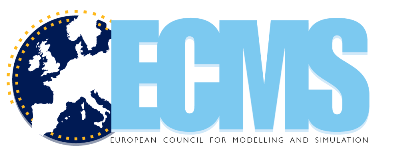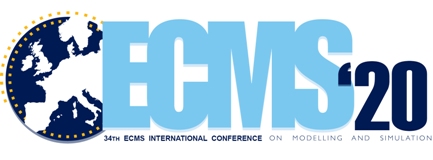
ISSN 2522-2422 (ONLINE) - ISSN 2522-2414 (Print) - ISSN 2522-2430 (CD-ROM)
ECMS 2020
June 9 -
12, 2020
Wildau - Area of Berlin, Germany
Keynote Speakers
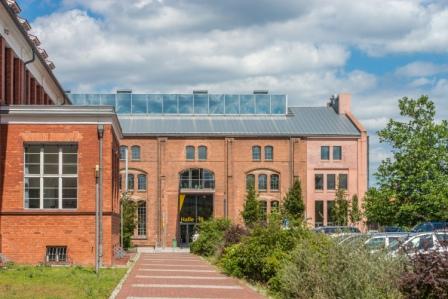
all pictures ©TH Wildau, taken by Matthias Friel

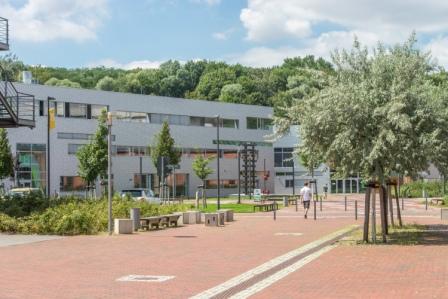

all pictures: ©TH Wildau, taken by Matthias Friel
We are happy to announce our two Keynote Speakers
NTNU: Norwegian University of Science and Technology
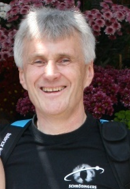 Webjørn
Rekdalsbakken
Webjørn
Rekdalsbakken
together with
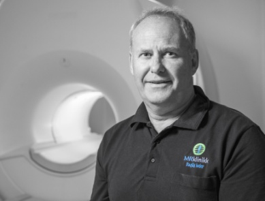
Title of their talk
Digital Twins for Computer Haptic-Assisted
Orthopaedic Surgery
In medical
imaging, digitalization has become the key aspect for future development.
The realization of 3D organ models based on MRI, CT and ultrasound imaging
is a growing research field. With the increasing amount of data from such
medical examinations, and the improvement of the quality of the data, this
creates unique possibilities to build realistic organ models. These models
have the potential to very closely imitate both the anatomy and physiology
of the human body. Therefore, such models could be used in the teaching of
these disciplines, and not least in the planning and training of surgical
interventions. In this project the goal is to establish digital twins of
human joints, focusing on the knee and shoulder. The digitalization of
medical imaging, and the digital acquisition of relevant medical data from
many sources have opened up for the development of innovative and efficient
tools constituting a new playground for surgeons and physicians. The access
to real human physiological variables, combined with the increasingly
advanced tools for designing and visualizing in 3D, opens the possibility of
generating realistic digital 4D models of human joints. These 4D models will
be designed as digital twins of its biological counterparts, including the
functional positions, operational positions and dynamic variation of the 3D
models. These models will be used in intelligent investigations of the
joints, and in surgical interventions on the joints.
Page
created by M.-M. Seidel
© Copyright ECMS - All Rights Reserved
